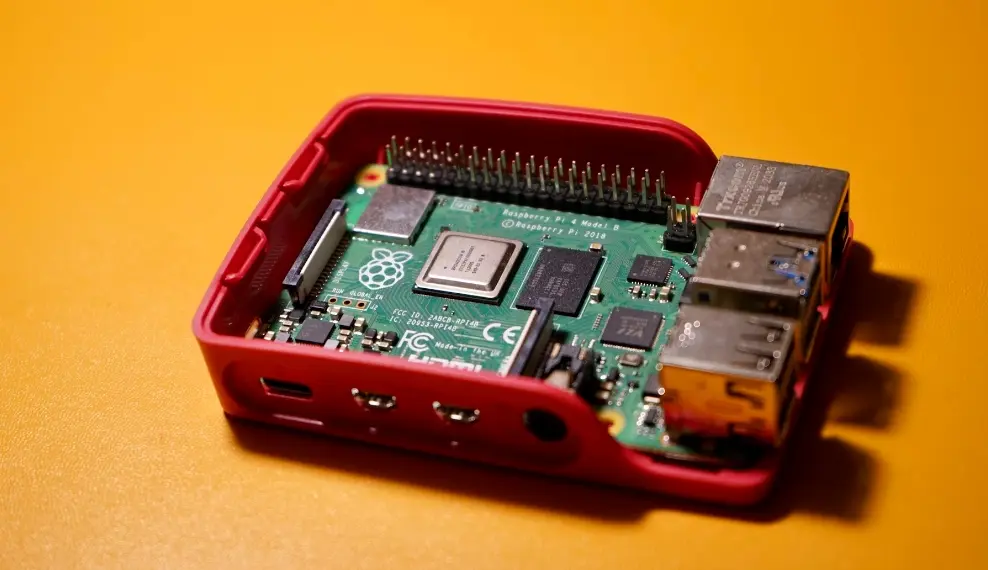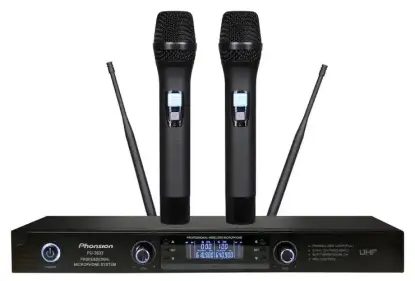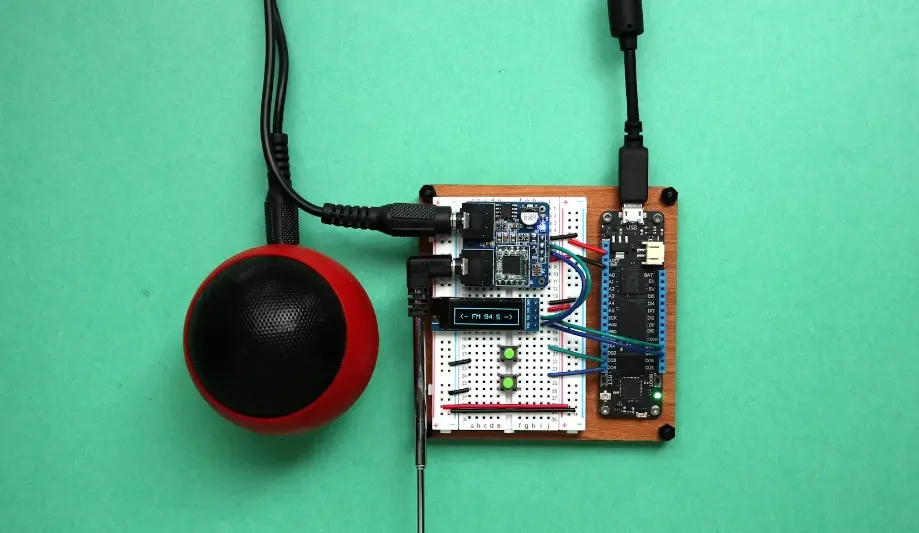
What are the FCC Testing Requirements?
To obtain wireless FCC certification for wireless products, it is necessary to meet the specific testing requirements defined by the FCC. The wireless FCC certification testing items include radio frequency output power, modulation characteristics, occupied bandwidth, spurious emissions at the antenna port, conducted tests, radiated tests, harmonic tests, electrostatic discharge tests, radio frequency radiation immunity tests, spurious radiation field strength, frequency stability, and spectrum characteristics. The FCC regulations stipulate the limits and testing requirements for each performance indicator. Below are some common wireless FCC certification testing items.

Types of FCC Certification
FCC certification mainly involves two types:
- FCC SDoC Certification: Applicable to ordinary electronic products without wireless transmission functions, such as TVs, sound systems, etc.
- FCC ID Certification: Specifically for wireless communication devices, such as mobile phones, tablets, Bluetooth devices, drones, etc.
fcc testing Standard Directives
- FCC Part 15: Computing Devices, Cordless Telephones, Satellite Receivers, TV Interface Devices, Receivers, Low Power Transmitters
- FCC Part 18: Industrial, Scientific, and Medical Equipment, e.g., Microwave, RF Lighting Ballast (ISM)
- FCC Part 22: Cellular Telephones
- FCC Part 24: Personal Communications Systems, covers licensed personal communications services
- FCC Part 68: All Types of Telecommunications Terminal Equipment, e.g., Telephones, modems, etc.
- FCC Part 74: Experimental Radio, Auxiliary, Special Broadcast, and other program distribution services
- FCC Part 90: Private Land Mobile Radio Services, includes Paging Devices and Mobile Radio Transmitters, covers land mobile radio products such as high-powered walkie-talkies
- FCC Part 95: Personal Radio Service, includes devices such as Citizens Band (CB) transmitters, radio-controlled (R/C) toys, and devices for utilization under the family radio service
FCC Testing Items for Mobile Phones
- FCC Part 22 (GSM850)
- FCC Part 24 (GSM1900)
- fcc part 15.247 (Bluetooth/Wi-Fi)
- fcc part 15b (PC mode)
- FCC SAR/OET65
Wireless Communication Terminals and Base Stations
- 47 CFR Part 22, Part 24, Part 15, and Part 2
- Carrier Output Power
- Transmitter Conducted Measurements
- Radiated Spurious Emission
- Frequency Stability
- Necessary Bandwidth and Emission Bandwidth
- SAR
The specific testing methods mainly refer to 47 CFR Part 2 and ANSI C63.4.
Wireless FCC certification is primarily FCC-ID certification, and the cost depends on the communication function. For specific details, you can consult China's JJR Laboratory, which can help you save 30% on FCC certification testing fees.
Email:hello@jjrlab.com
Write your message here and send it to us
 Wireless Microphone Export Certification
Wireless Microphone Export Certification
 Audio-Visual Products SNI Certification in Indones
Audio-Visual Products SNI Certification in Indones
 FCC-ID: Still Needed if Module is Certified?
FCC-ID: Still Needed if Module is Certified?
 FCC Certification Fees for Handheld Fans
FCC Certification Fees for Handheld Fans
 FCC Certification Testing for Smart Lighting Produ
FCC Certification Testing for Smart Lighting Produ
 What is the ETSI EN 303 645 Testing Standard?
What is the ETSI EN 303 645 Testing Standard?
 UL Compliance and ETL Certification for LED Lighti
UL Compliance and ETL Certification for LED Lighti
 What is the IEC 60598 Standard?
What is the IEC 60598 Standard?
Leave us a message
24-hour online customer service at any time to respond, so that you worry!




